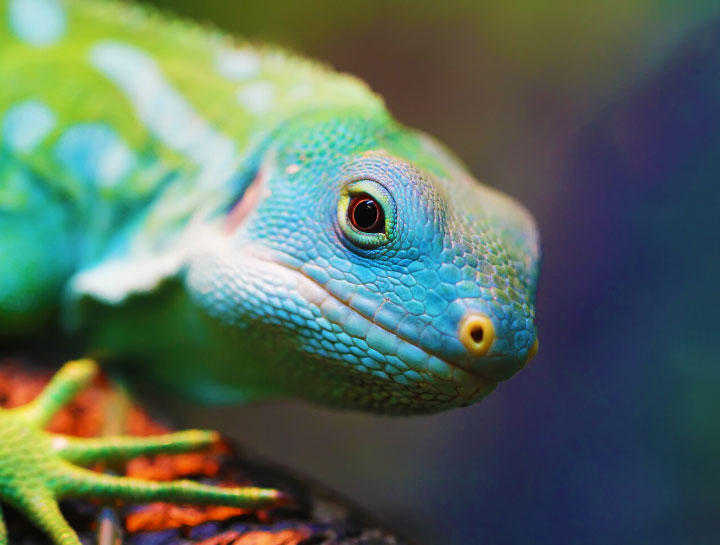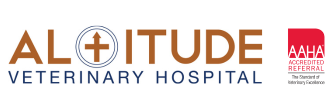Lizards, Ferrets and Snakes, Oh My!

When taking our pets to the doctor, we usually think of our dogs and cats. They need their vaccines, teeth cleaned, and medicine when they get sick. However, dogs and cats are not the only pets that need veterinary attention. It may seem strange to think of taking your snake or your ferret to see the doctor, but exotic pets need checkups and veterinary care too!
When I say, “exotic pets”, I am referring to reptiles, birds, ferrets, rabbits, guinea pigs, etc. These pets are sometimes thought of as pets we get for our kids or we think of them as low maintenance. Unfortunately, they are not always low maintenance and with this thinking, we can see health issues due to incorrect care.
Any pet, including dogs and cats, can develop health issues when fed the incorrect diet, kept in an inadequate environment, or not given proper preventative care for parasites and viruses. We see many issues in exotic pets due to owners not seeking out information on their pets or owners receiving incorrect information either from a pet store or online.
Many diseases of exotic pets can be prevented with proper care. Also knowing the common problems that each species develops will help you to identify the issues early. Early identification of a problem will help with management/treatment.
Pets are good at hiding when they are sick. In the wild, this is a necessity so that their weaknesses are not targeted. But this can make it hard to help them. Big things to watch are appetite, water intake, urination, and defecation. A change to any of these warrants immediate attention from your veterinarian. Seeking a veterinarian who has experience with your animal is very important. A veterinarian who only sees dogs and cats will not necessarily know what to do with a sick iguana.
When taking your pet to the veterinarian the first thing done is an exam. A physical exam may give an answer as to what is wrong or hopefully some clues. Additional diagnostics may need to be done in order to get an answer. Based on the physical exam and history, blood work, imaging to evaluate the heart, lungs, and abdomen, or looking at samples underneath the microscope may be the next step. Answers from the diagnostics will guide a treatment plan.
When owning an exotic pet, the most important steps to take are:
- Do research before owning a pet to ensure you are able and willing to undertake the management of that pet – food, cage/lighting/heat, and handling.
- Find a veterinarian who is knowledgeable regarding exotic pets and plans on regular checkups – even when apparently healthy.
- Contact your veterinarian regarding health questions for your pet instead of an unreliable source.
- Understand possible diseases that your pet may develop so early detection is possible.
Exotic pets are a great addition to a home but understanding your pet’s needs will be key to keeping them healthy!
